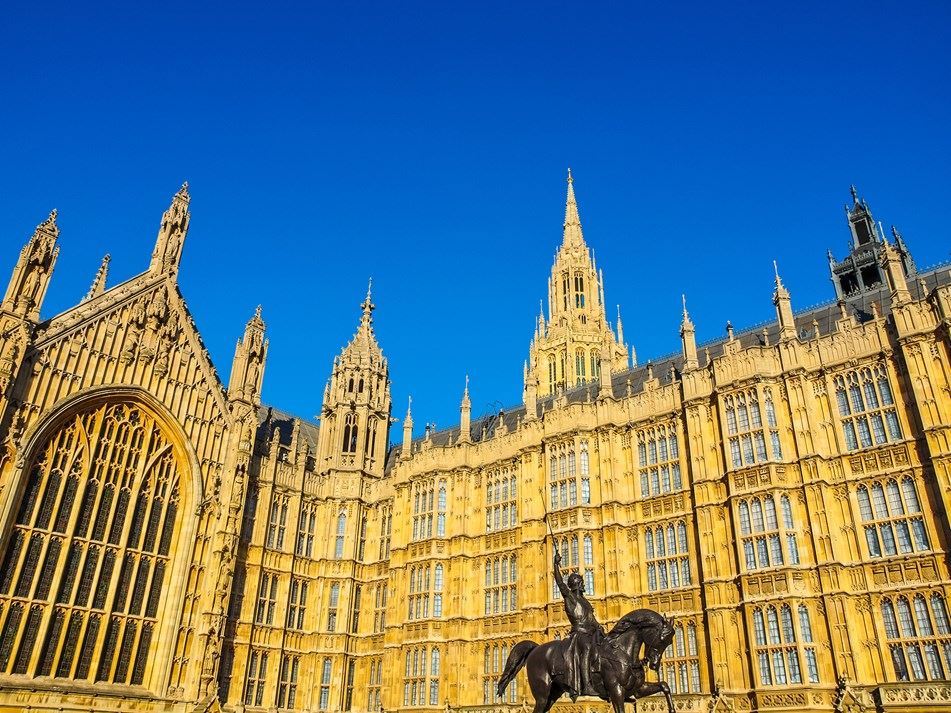News
House of Lords urged to create more urban local councils
Members of the House of Lords are being asked to support radical plans to establish new local councils in England's metropolitan and city areas.
The move is being promoted by the national body for England’s existing 10,000 local councils, NALC, aimed at strengthening local democracy and improving the take-up of neighbourhood planning, one of the government’s flagship localism policies which gives communities more of a say over where development such as new homes should go in their area.
Over 250 new local councils have been established over the last decade through a bottom-up and resident-led process putting communities more in control of their area such as local services and facilities, and better able to influence other public services and local spending.
Last year six new local councils were established in urban areas such as Ashford in Kent, Finham in Coventry, Kidderminster in Worcestershire, and England’s largest local council in Sutton Coldfield in Birmingham.
Local councils play an increasingly important role in communities especially in neighbourhood planning as it is local councils that are at the heart of and driving forward the neighbourhood planning revolution, with around 90% of the 2000 communities developing a neighbourhood plan being led by England’s most local level of democracy.
Significantly local councils are helping communities to shake off their NIMBY critics by increasingly supporting housing development and growth, with the government’s own evidence showing they are increasing housing numbers by around 10%. Neighbourhood planning is being used by local councils not only to shape and influence development in their area but also to increase housing and affordable housing, help communities become more resilient and support economic development, in addition to strengthening local democracy as the process is leading to more people standing for election to their local council.
The process is also exciting local people and generating a huge community interest, encouraging citizens to engage with often difficult local issues and often becoming more involved in the community including the work of local councils. Thousands of volunteers across the country are being mobilised by local councils to develop neighbourhood plans, with around 400,000 electors engaged in the process and casting their vote through local referendums to date.
Cllr Sue Baxter, chairman of NALC said: “While it is local councils who are at the heart of and driving forward the neighbourhood planning revolution, in a nation of some 48 million electors, only a quarter benefit from having a ‘hyper-local’ council to give the community a voice, tackle local issues and take action on locally determined priorities, and this needs to change.
“While previous governments have taken some steps to support the creation of new local councils, more radical action is now needed to establish new local councils across all of England – especially in metropolitan areas and cities – to both lay the foundations for further devolution to the neighbourhood level but also provide all communities with a ‘hyperlocal’ democratic structure and sustainable resource to develop a neighbourhood plan and oversee the delivery of its objectives.
“The Neighbourhood Planning Bill should be amended to provide for the universal parishing of the whole country which will accelerate neighbourhood planning and get thousands more neighbourhood plans in place, and put even more people in control of their areas.”
The Neighbourhood Planning Bill will have its second reading in the House of Lords on Tuesday 17 January.
NALC is also calling for a range of other amendments to give ‘made’ neighbourhood plans and ‘emerging’ neighbourhood plans greater weight in the planning system through a ‘right to be heard’, incentivise neighbourhood planning and improve the financial benefits from development through reforms to Community Infastructure Levy, and give communities more rights within the planning process by local councils becoming statutory consultees on planning and licensing matters in their area.

